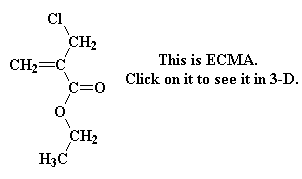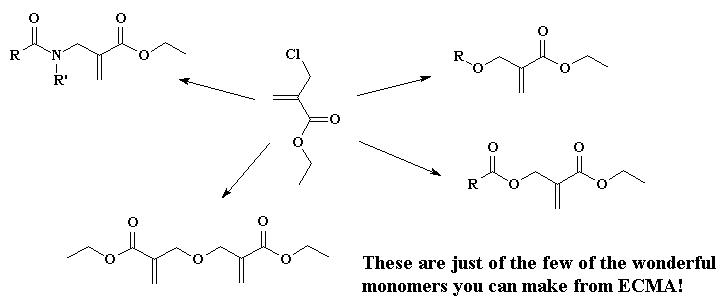

Little did they know that they themselves were in a large part being paid to grow coca by some very senior members of the administration in Washington. It just so happened that the private militia of the local cocaine cartel was in a guerrilla war against the left-wing Frente Revolucionario de la Izquierda, or FRI for short, and were thus automatic friends of certain politicians within the beltway. This was all very hush-hush, as President Samson Armstrong was running for re-election on a get-tough-on-drugs platform.
Just as Isabel was flinging her cigar ashes onto bales of straw piled underneath the finest coffee plants in the world to set them alight, a detachment of cartel soldiers came through the village. With them was a light-skinned man, baby-faced and skinny as a toothpick; and bound, gagged and blindfolded. Little did they know that this prisoner would change the face of Colombia forever.
This gevacho prisoner was named Henry Kratzky and he was a chemist, which was why he had been captured by the cartel. Now I suppose it was his own fault that he got captured. An American wandering around the streets of Medellin wearing a t-shirt that read "Old chemists never die, they just reach equilibrium" was just asking to be kidnapped and sent to work in a coke lab. And that's exactly where this young naive chemist ended up.
Once at the corrugated steel shack that sufficed as a laboratory he was unmasked and ungagged, but not unbound, and was given his instructions by one of the cartel's many post-docs. The senior chemists had more important things to do than greet new recruits.
It just so happened that our hero was not a very good chemist at all. He couldn't make cocaine if his life depended on it (which it did at this moment). All he know how to make was an obscure little molecule called ethyl a-chloromethyl acrylate, or ECMA for short.



At this point, it was likely the Henry would be taken out into the jungle and shot, but for all his naivete he was good at talking his way out of things. "But this ECMA is much better than cocaine!" he told Raul. "With ECMA you can make all kinds of functionalized acrylate polymers. This stuff is your first step to a Nobel prize!"

And Raul was enthralled. He was mesmerized by all that could be done with ECMA. He was so excited he told his bosses, who became equally ecstatic about acrylate research. And then they went and told their bosses, the kings of the Medellin cartel. So taken in by the excitement of all the acrylate research they could do using ECMA, they immediately shut down their cocaine operations and switched the whole Colombian drug industry into a research outfit.

So many wonderful new discoveries were made by the newly legit Medellin Chemical Industries, and so many new products were being produced in their now much larger plants, that they were actually making more money than when they were selling cocaine. Colombia soon became the richest nation on the planet.
Of course, many Colombians still hated the U.S. With their newfound clout, the directors of Medellin Chemical Industries exposed every dirty dealing with the U.S. executive branch. President Armstrong lost his election easily, ironically to a pro-drug legalization candidate named Smokey Ashbury. His first official act was to replace the stars on the U.S. flag with fifty little white marijuana leaves.
Henry was rather embarrassed by this and didn't return to America until Ashbury's two terms were over.

|
Return to the Polyacrylates Page |

|
Return to the Macrogalleria Directory |